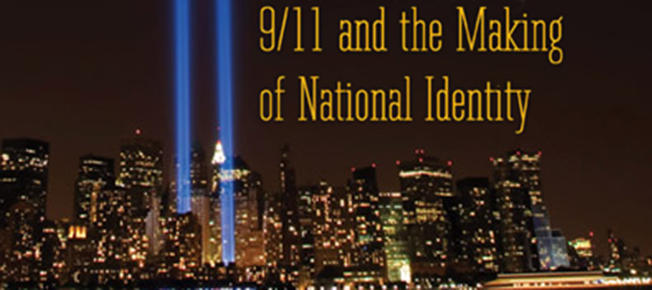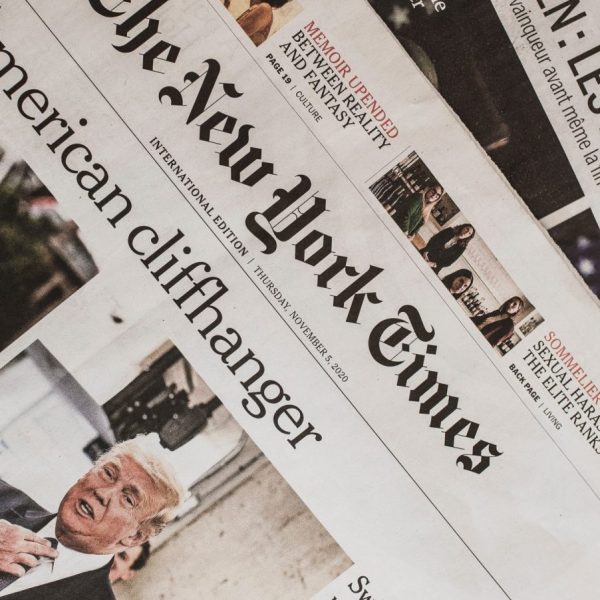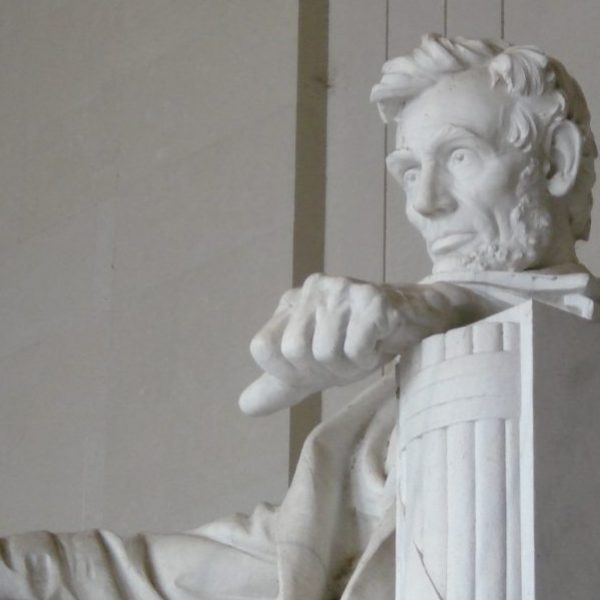What Changed When Everything Changed : The Fluidity of American National Identity
When Americans come upon a social arrangement they want to preserve, they do not alter their behavior to fit their values; they alter their values to fit their behavior. They change what it means to be an American…
 With intensely divisive issues like voting rights, immigration policy, and the war on terror in the news, the notion of what is “American” or “un-American” is much in question. In What Changed When Everything Changed: 9/11 and the Making of National Identity, Joseph Margulies presents the surprising analysis that despite consistent language usage in describing out ideals, national identity is quite fluid. As the counsel of record for the first Supreme Court case regarding the detentions at Guantanamo Bay, Margulies has had personal experience with changing American values. In this insightful and persuasive book, Margulies calls attention to the language and themes of the political discourse and popular culture serve as important indicators of the shifting ideals of the nation.
With intensely divisive issues like voting rights, immigration policy, and the war on terror in the news, the notion of what is “American” or “un-American” is much in question. In What Changed When Everything Changed: 9/11 and the Making of National Identity, Joseph Margulies presents the surprising analysis that despite consistent language usage in describing out ideals, national identity is quite fluid. As the counsel of record for the first Supreme Court case regarding the detentions at Guantanamo Bay, Margulies has had personal experience with changing American values. In this insightful and persuasive book, Margulies calls attention to the language and themes of the political discourse and popular culture serve as important indicators of the shifting ideals of the nation.
“Liberty”, “equality”, “the rule of law”, “limited government”, “individualism”, and “community” are constant words and phrases used to define American ideals. While the words do no change, we use different stories and contexts to assign them new meanings. The twists and turns of political language are an expected aspect of politics, and become common fodder for satirists and pop culture. This normalization of fluidity in the meaning of words, even those words with which we form our national identity, makes the shifts in our national identity almost subconscious.
The normalization of new values in pop culture changes the meanings we assign these words at an even more subconscious level. The immensely popular television show 24 reinforced the idea that torture can provide key information for the defense of the country. This kind of influence certainly does not flow in only one direction, and the show could not have been created or risen to such fame without an initial change in the public opinion of torture. Still, the mass influence of entertainment media calls into question the moral responsibility of popular culture.
How we build our national identity is complex. Few would have predicted that as the threat of terrorism declined, the American appetite for repressive policies would have increased. Margulies urges his readers to consider the changes to the American national identity more actively, but maintains optimism that thanks to this very fluidity, the “American Creed” will return to “the way things ought to be.”




